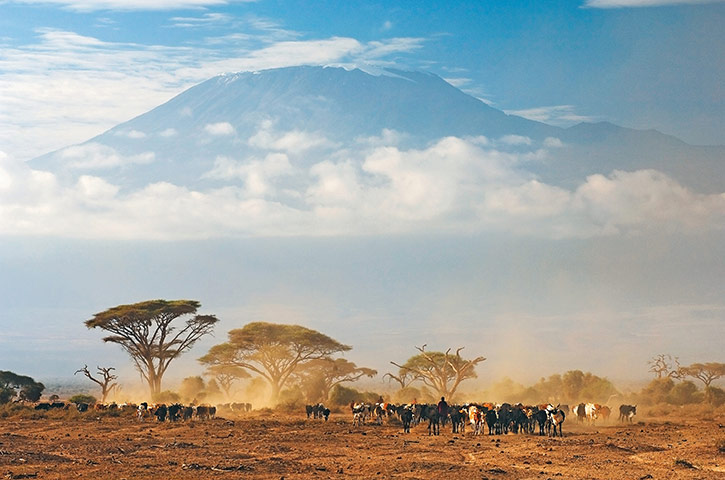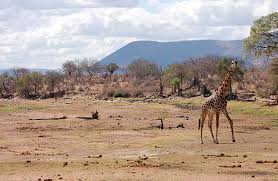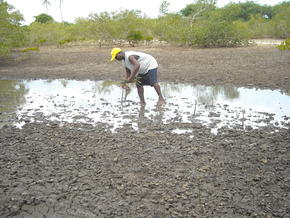By Damas Makangale, Dar es Salaam, Tanzania
Tanzania plans to propose to the member states of the East African
Community (EAC) to have a clear implementation and policy in the process of
curbing climate change with the reason to mitigate its effects in the regional
level.
Speaking in an exclusive interview to the East African Business week
last week in Dar es Salaam, the Minister of State in the Vice President Office,
(Environment) Dr Bilnith Mahenge said since the signing of the treaty for the
establishment of the EAC, the regional bloc has been a shining example of
African regional integration and economic development.
“Since we are the shining example we need collective efforts and
responsibility to ensure that we mitigate the effects of the climate change in
the regional level,”
“I am aware that the bloc has the strategic plans to fight climate
change but we want a clear implementation in the EAC,” he said.
Dr Mahenge added that the value of intra-regional trade has surpassed
$5 billion annually because of the increase of trade between countries but the
threats of climate change may damage the trend in every sector especially
agriculture.
“The facts are incontrovertible, climate change is not a myth and it
will affect our day to day lives (and wallets) sooner than we think. Human
activity is increasing the concentration of carbon dioxide (CO2) in the
atmosphere, which is in turn resulting in warmer temperatures,” he warned.
He further said that the regional bloc ought to come up with collective
efforts to mitigate the impact of climate change in the regional for instance
to start depending on agricultural irrigation and discovering of natural gas as
a source of energy.
Dr Mahenge said that an increase in trade simply means higher volumes
of goods and services are being moved from one place and consumed in another.
He noted that this movement requires transportation that will invariably
emit CO2 into the atmosphere, especially for goods, the most utilized mode of
transportation in the region is road.
Road transport contributes 72.6% of CO2
emissions from the transport sector. Rail transport on the other hand, only
contributes 2%.
Dr Mahenge said that Unfortunately, the repercussions of climate change
will affect Sub-Saharan Africa the most and higher temperatures will affect
agricultural yields.
“If temperatures continue to rise at the current rate, by 2030, most of
East Africa will be unsuitable for maize production. The negative implications
of this on the food security of the 135 million East Africans are substantial,”
he noted.
Furthermore, the EAC Climate Change Fund that has been proposed and
debated by the East African Legislative Assembly would require Member States to
contribute at least $360 million annually to address climate change issues.
The operationalization of this fund would be a major step in helping
countries adapt to the current and future effects of global warming.
In the recent years climate change has become a global social,
economical and environmental challenge facing humankind. The fourth report of
the Intergovernmental Panel on Climate Change (IPCC 2007) has revealed that
climate change is real and already happening.
According to the report, while it is difficult to accurately predict
the consequences of climate change, enough understanding is available on the
kind of risks posed.
The impacts include melting of glaciers, floods, frequent prolonged
droughts, reduced water supply, decline in crop yields to food insecurity,
increase of vector-borne diseases such as malaria and dengue fever, rising sea
levels leading to displacement of people and disruption of both terrestrial and
marine ecosystems and important natural habitats, which are now not only
predicted but vividly observed in many parts of world.







 |
| Photos up and down showing the Climate changes in Tanzania |
Post a Comment